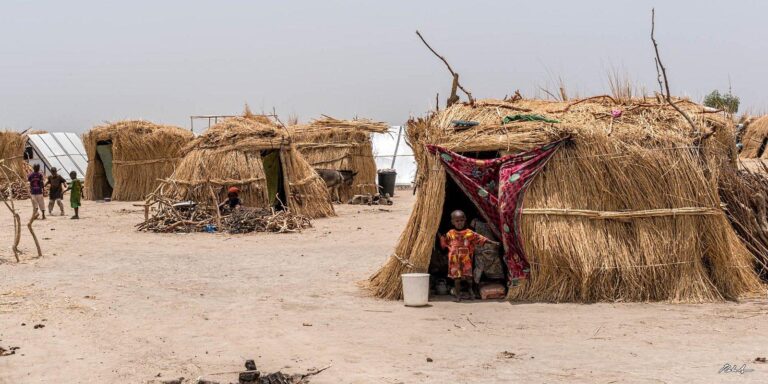Understanding Poverty in Nigeria
Poverty in Nigeria is a complex and multifaceted issue. This West African nation is home to the largest population of people living in extreme poverty. According to recent statistics, millions live on less than $1.90 a day, struggling to meet their basic needs.
The Root Causes of Poverty
The underlying reasons for poverty in Nigeria are deeply intertwined with historical, economic, and social factors. Corruption and mismanagement of resources have played significant roles in exacerbating the situation. Additionally, ongoing conflicts and inadequate infrastructure further hinder development efforts.
The Impact of Poverty on Daily Life
Being poor in Nigeria affects every aspect of life from health to education. Many families are unable to access basic healthcare services, leading to higher mortality rates. Furthermore, a lack of educational opportunities perpetuates the cycle of poverty, making it difficult for future generations to improve their circumstances.
Coping Mechanisms of the Poor
Despite the harsh realities, many Nigerians have developed resilience strategies to cope with their circumstances. Community support systems, such as local cooperatives, play a vital role in helping individuals survive. These networks often provide essential goods, services, and emotional support in times of need.
Government Initiatives and Challenges
The Nigerian government has implemented several programs aimed at reducing poverty. Efforts include social welfare schemes and microfinance initiatives designed to empower the poor. However, challenges such as insufficient funding and bureaucratic inefficiencies often hinder their effectiveness.
The Role of NGOs and International Aid
Non-governmental organizations (NGOs) and international aid play crucial roles in alleviating poverty in Nigeria. These organizations often provide vital services such as education, healthcare, and training. One such example can be explored further at Borgen Project, which highlights the struggles and solutions surrounding poverty in Nigeria.
Moving Towards Solutions
Addressing poverty in Nigeria requires a multifaceted approach. A combination of governmental action, community support, and international cooperation is essential for creating sustainable change. By working together, all stakeholders can help pave the way for a brighter future for millions facing the harsh realities of poverty.

